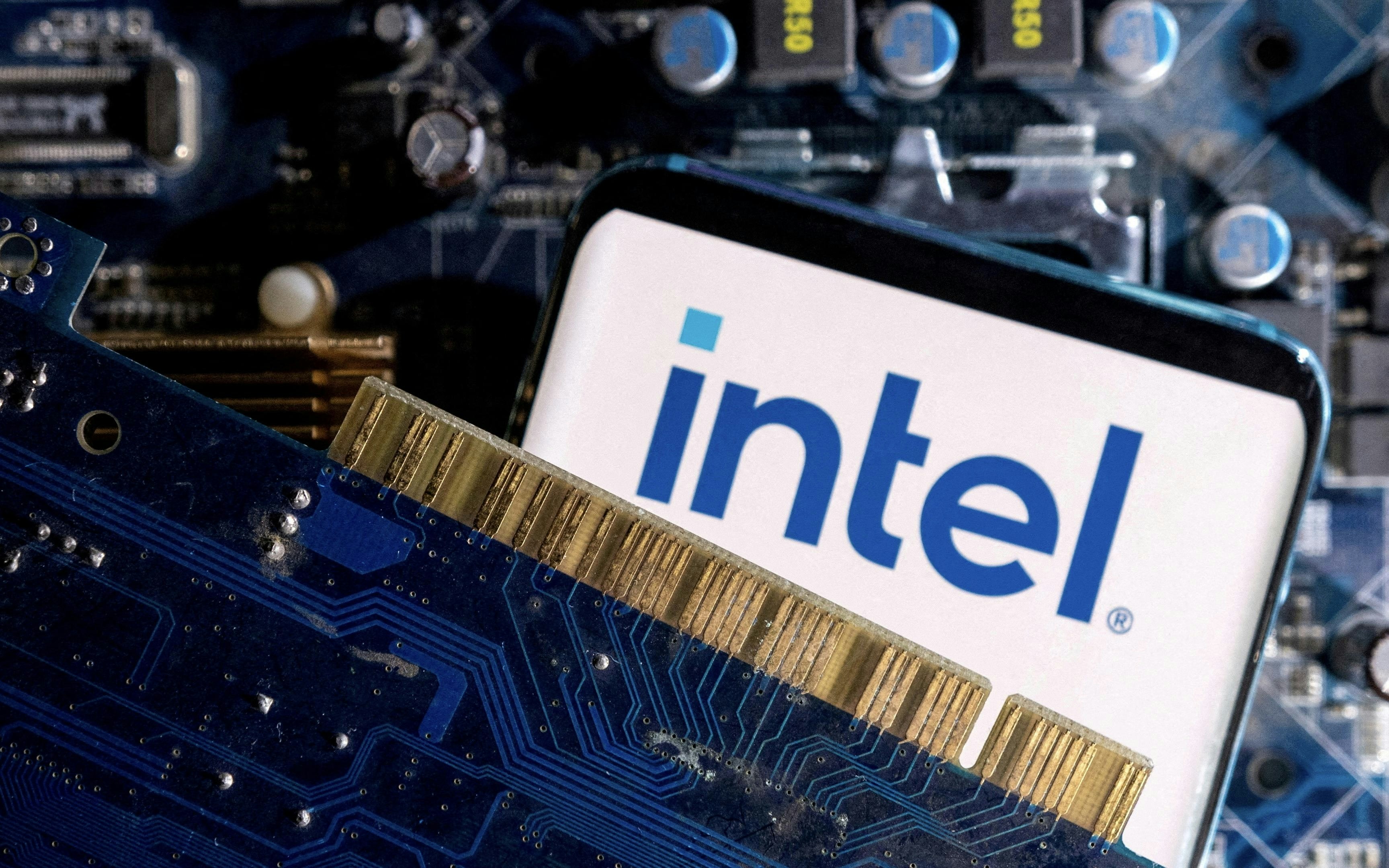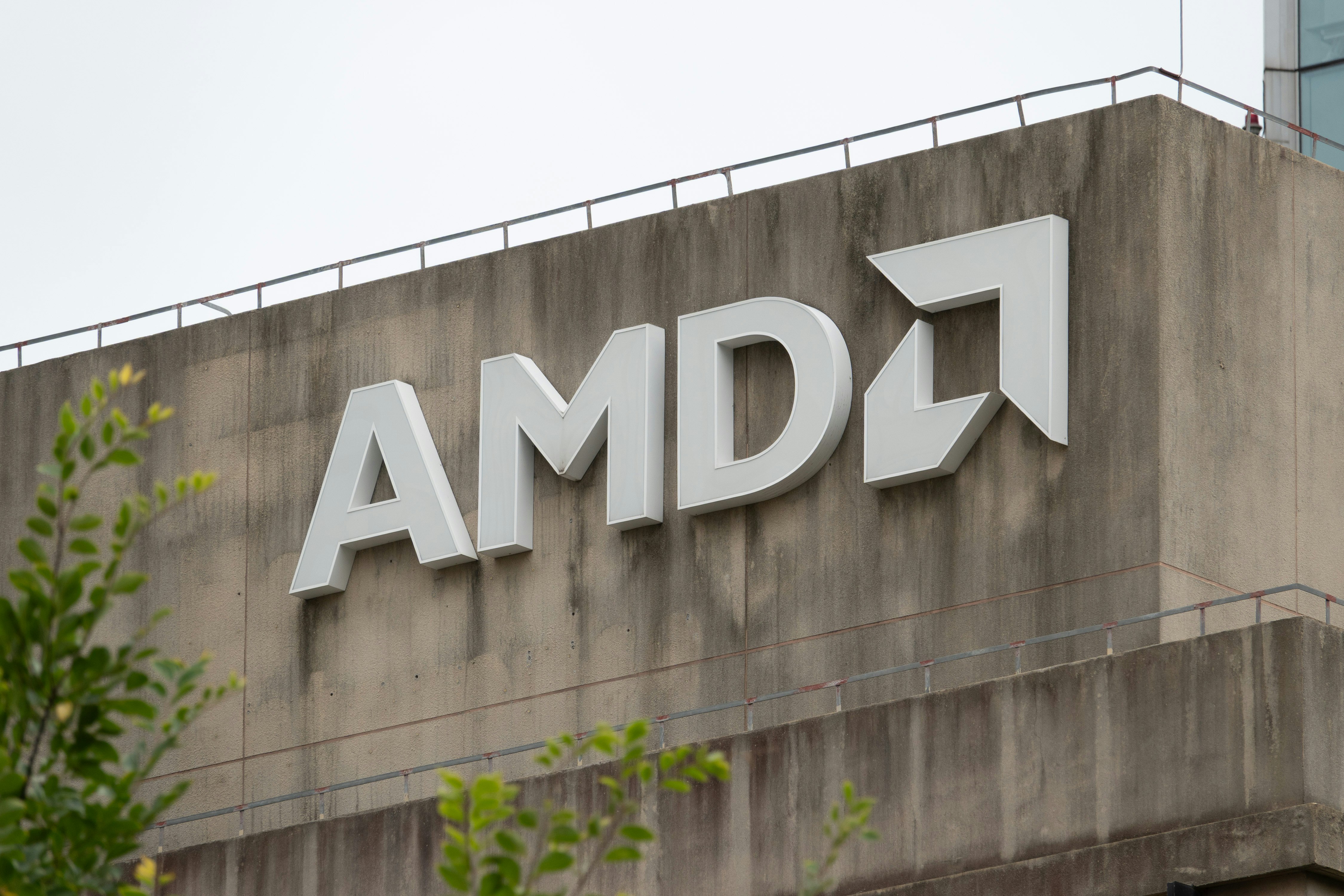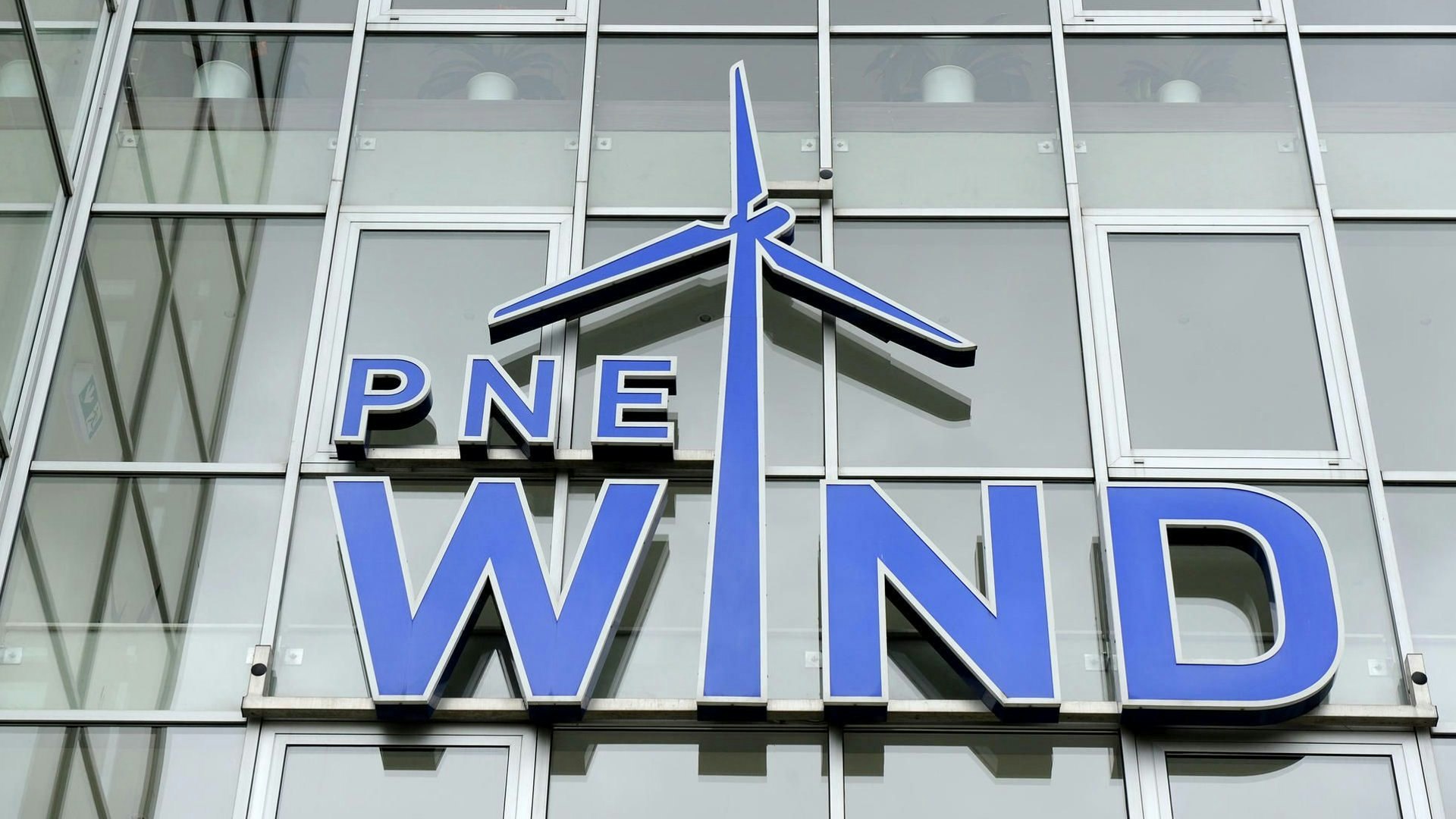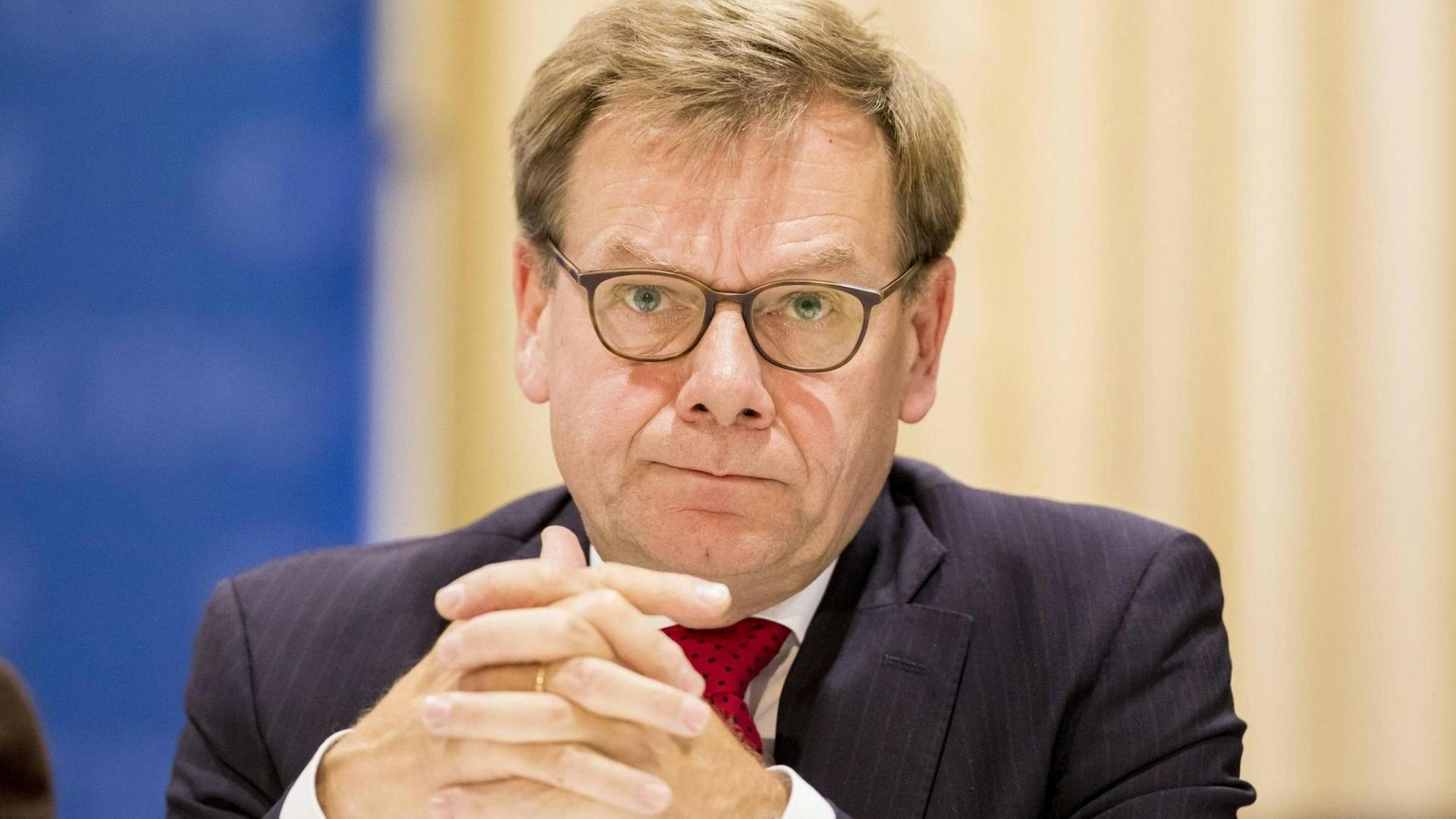Technology
Trump calls for resignation of Intel CEO Lip-Bu Tan due to alleged conflicts of interest
Trump's demand for Intel CEO Tan's resignation underscores the increasing politicization of the US semiconductor market in a geopolitically sensitive situation.

In the midst of a phase of state-supported reorganization of the U.S. semiconductor sector, President Donald Trump unexpectedly demands the resignation of Intel CEO Lip-Bu Tan. On his platform Truth Social, Trump wrote on Thursday: "The CEO of INTEL is highly CONFLICTED and must resign immediately. There is no other solution to this problem.
Background of the attack is a letter from Republican Senator Tom Cotton, Chairman of the Intelligence Committee, to the Chairman of the Board of Intel. In it, Cotton expresses "serious concerns regarding the security and integrity of Intel's activities" as well as Tan's business connections to China.
Lip-Bu Tan, CEO of Intel since March, has massively invested in Chinese tech companies through his San Francisco-based venture capital firm and holdings in Hong Kong – including Semiconductor Manufacturing International Corp (SMIC), China's largest chip producer.
Trump did not comment specifically on the allegations. But the timing of his statement—just one day after a meeting with Nvidia CEO Jensen Huang at the White House—suggests that the leadership of the US semiconductor industry is increasingly becoming a political pawn. A White House spokesperson merely stated that Trump remains "determined to protect the national and economic security of the USA.
Particularly explosive: Lip-Bu Tan's previous company, Cadence Design Systems, had to admit last week that it supplied design software to a Chinese university with military ties, thereby violating US export controls.
Intel itself did not comment on Trump's resignation demand. The stock lost around 2 percent in early trading on Thursday. Tan had replaced Pat Gelsinger as CEO in March, after the board wanted to restructure the leadership. At that point, the company was already undergoing a significant transformation: Its manufacturing capacities had fallen significantly behind compared to Taiwan Semiconductor Manufacturing Company (TSMC).
Despite state subsidies worth billions, Intel is also coming under technological pressure. In July, Tan warned that the company would have to abandon the development of its next chip generation if no "significant external customer" was found – a withdrawal that would effectively leave TSMC in sole control of the most advanced chip manufacturing.
Senator Cotton emphasized in his letter that Intel "has a special responsibility to the US taxpayer." Tan's connections "raise questions about whether the company can still meet its obligations in terms of security and oversight.





